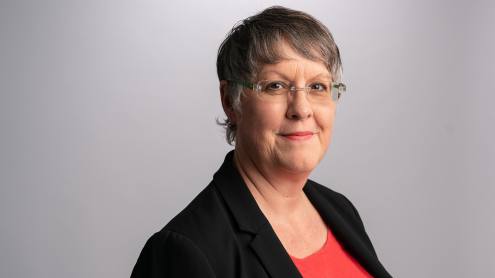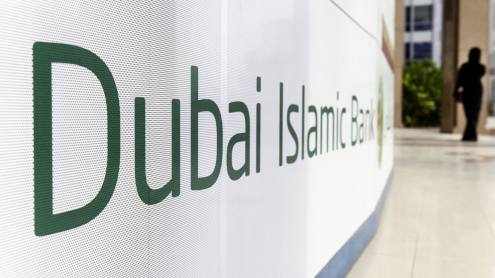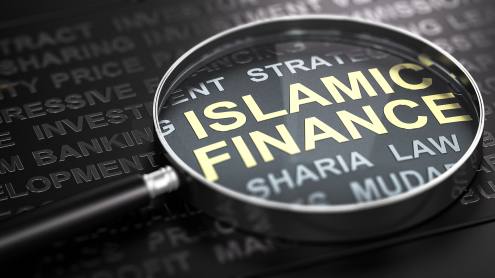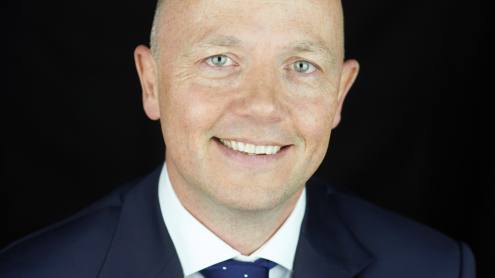Islamic banking has not generally bedded down easily into the UK. Five sharia-qualified banks have received licences and none can yet claim to be either a household name or a challenge to the wider banking system. But Gatehouse Bank, the latest to receive its UK banking licence, argues that a considerable niche in asset management is being filled by UK sharia-compliant institutions, and that there is money to be made.
Gatehouse, which opened its doors in 2008, has $2bn of Middle Eastern, European and Asian money to invest in the property sector. Its portfolio ranges from buying leases on corporate headquarters to developing greenfield sites for housing, student housing and affordable housing. Gatehouse leaves the sharia-compliant retail banking sector to the other institutions, says its executive chairman Fahed Boodai, who accepts that Gatehouse does not have a competitive advantage in the consumer segment for sharia banking.
Ahead of the curve
The bank’s prospects in the UK were greatly boosted when it received a capital injection in 2011 from the Kuwait Investment Authority, which became a significant shareholder. Gatehouse now manages funds on behalf of institutions and wealthy individuals in the Gulf and Asia, in particular Malaysia. It has already done 28 deals.
The sharia-driven institution combines a tough, some might say, conventional approach to the business of property with scrupulous religious observance, monitored by a sharia scholar. Its sharia credentials were of great importance to the Hajj Fund, Malaysia’s quasi sovereign wealth fund, which has placed £250m with Gatehouse. The bank arranged for the fund to purchase a £165m building in the City of London in 2012.
Mr Boodai says: "The Hajj Fund came to us because we were a one-stop shop that offered sharia compliance and asset management. If we were not sharia complaint, it wouldn’t have done it."
The US and UK property sectors have worked well for Gatehouse, according to Mr Boodai. "When we started off, we looked at the property sector in both markets, we looked at the historical basis for acquisition costs, based on where the market was, where it is and where it is going. Our timing was right, our thesis was right. Yields have compressed considerably since we moved in. We are now realising some of these deals," he says. Gatehouse insists it likes to take a three- to five-year outlook on its deals, and it has realised its payback in student housing at the shorter end of the curve.
Investments in student stock in Glasgow, Liverpool, Oxford and Loughborough, for example, have been sold as yields have slipped from 8.5% to less than 6%. Market knowledge coupled with guarantees on occupancy rates, a focus on quality and well-located housing stock, ensured a healthy return. "We only bought the highest quality and best-equipped property. We were one of the pioneers," says Azeemeh Zaheer, Gatehouse's vice-president and head of institutional relationships. "The opportunities that existed when we started are no longer available. Now the institutions have moved in."
Gatehouse has targeted investments in blue-chip-quality leases, with tenants including Procter & Gamble, BT and Rolls Royce. The bank does rigorous due diligence on tenants and lease terms, says Ms Zaheer.
Sharing the risk
Clients, described as "multi-millionaires, not billionaires" are encouraged to take part-shares in a number of Gatehouse projects to spread their risk, says Abdulaziz Al-Duweesh, the bank's chief investment officer. He also warns clients about putting all their funds into a single, high-end domestic UK property, saying they are better advised to diversify their risk across a number of investments in office developments.
Mr Al-Duweesh says: "Our clients are very cautious where they put their money. They want some kind of income to preserve their wealth. We listen to their requirements and keep them up to date on what we are doing. We pay a lot of attention to client education. Our size allows us to be agile and to structure investments to meet client requirements."
The bank is now engaged in a £700m scheme, in partnership with a UK lender, to build some 6000 new houses in the UK. Client funds will account for about one-third of the cost, with the lender providing the rest. Mr Boodai says the bank will invest 10% of its own funds in the financial structure, to meet the sharia requirement to share the risk with its partner or client.
Mr Al-Duweesh expects the project to yield investors a 7% return on their capital. Proposals to refurbish UK property for affordable housing are also being discussed with UK councils, and Mr Al-Duweesh says that such refurbishments will return between 5.75% and 6%.












